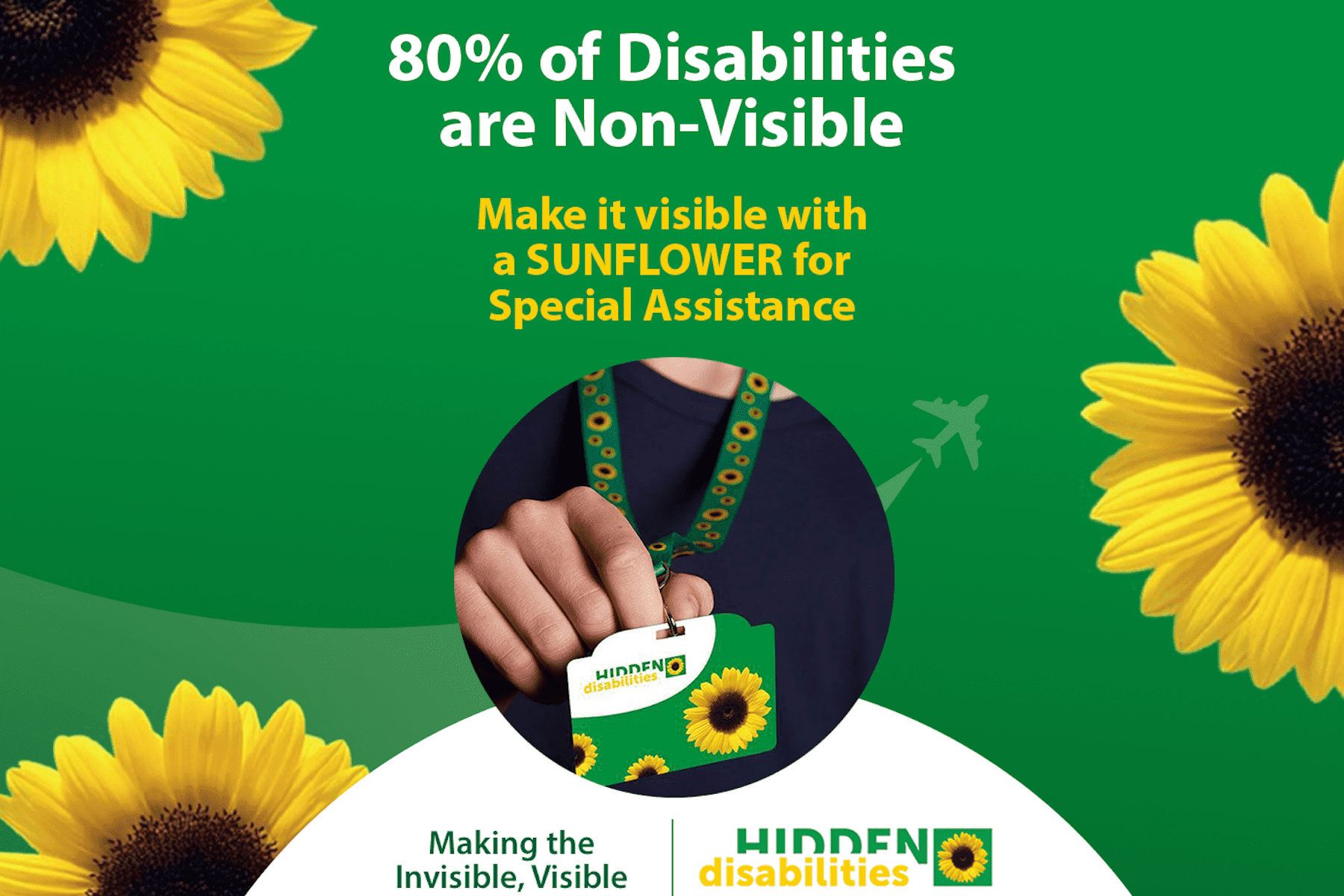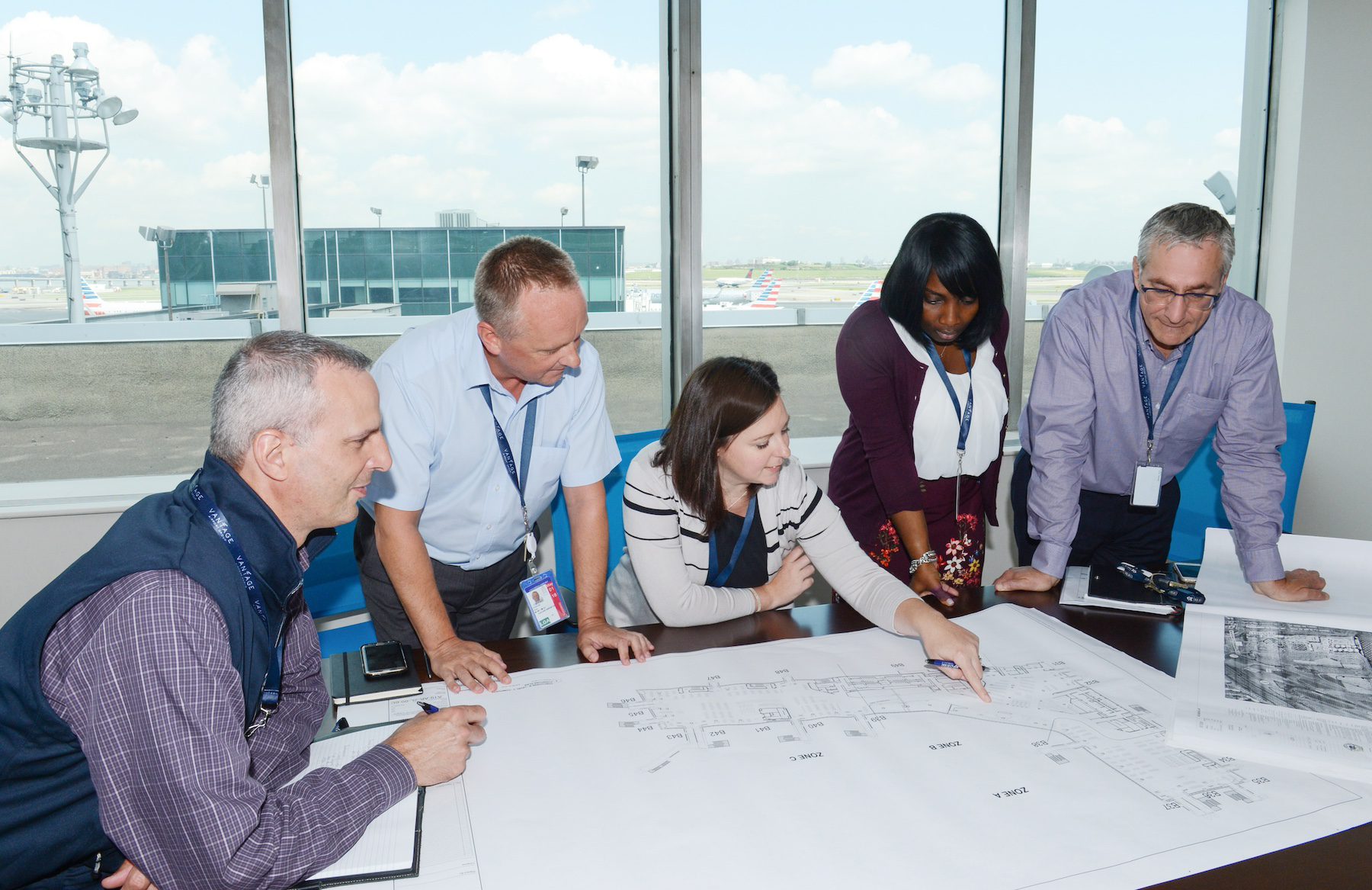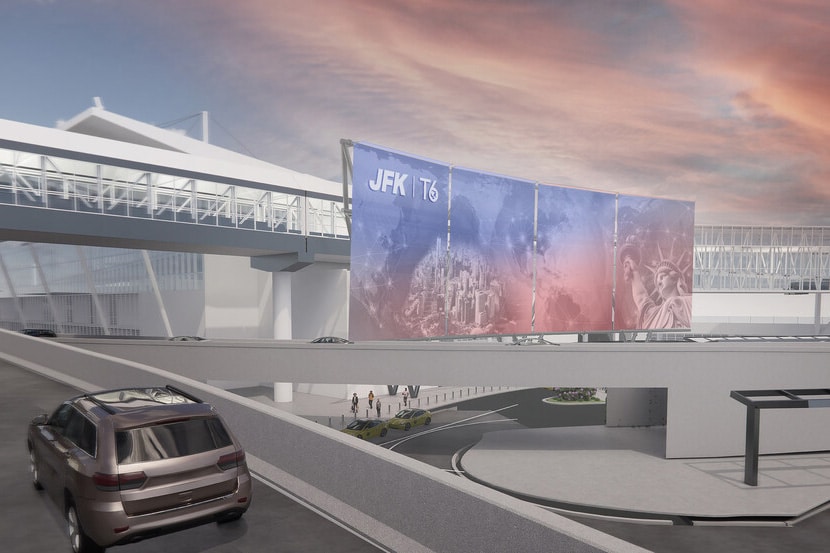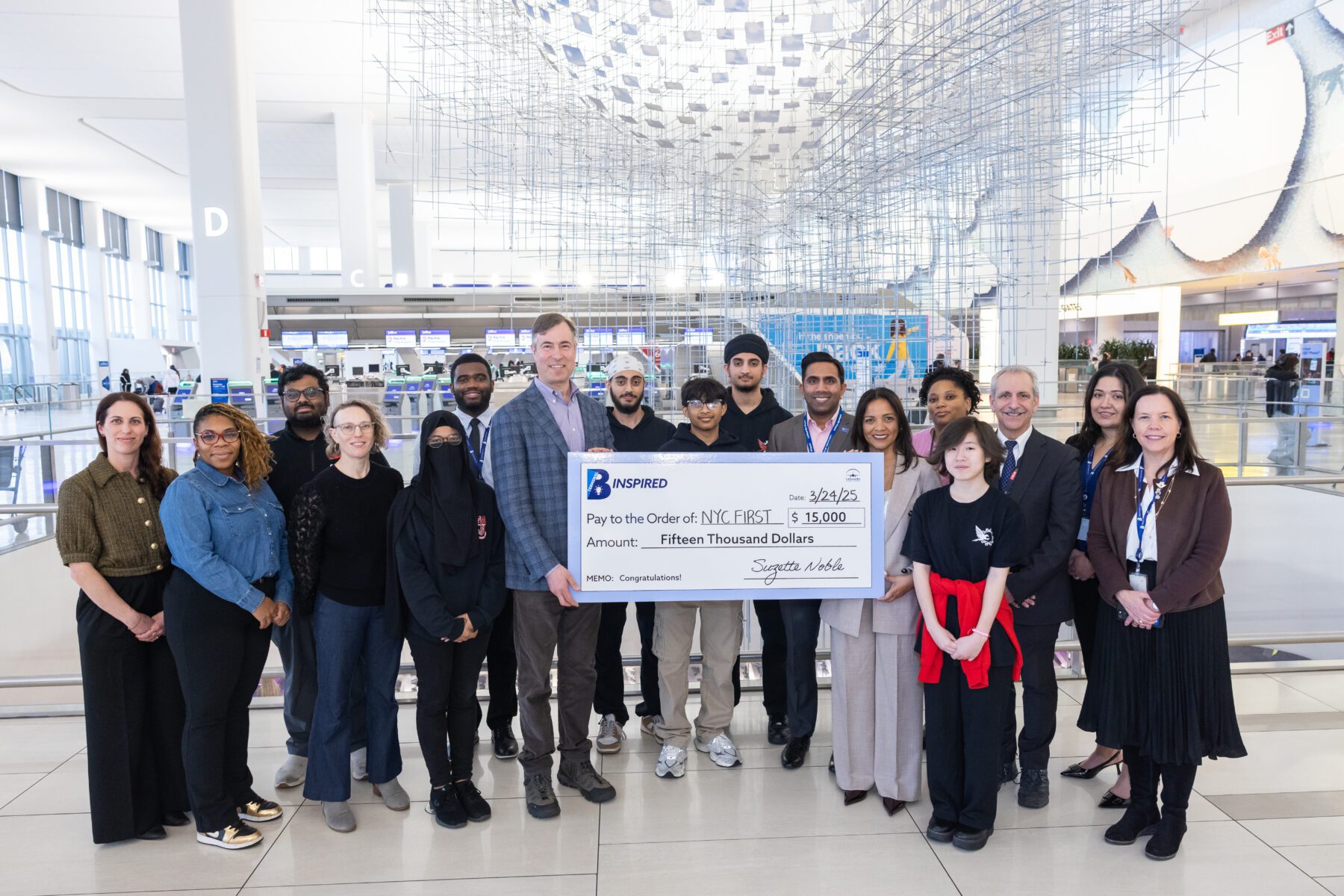Advocating for Hidden Disabilities: The Sunflower Lanyard Program
Living with a disability is a multifaceted experience, and not all disabilities are immediately visible. For those grappling with hidden conditions—ranging from neurological disorders to chronic pain—the challenges can be immense. Imagine navigating an airport, where time is of the essence, and yet your unique needs remain unseen by fellow travelers and airport employees.

The Hidden Disabilities Sunflower Lanyard Program: A Discreet Signal
Introducing the Hidden Disabilities Sunflower Lanyard Program, a beacon of understanding and support. This initiative offers a discreet way for individuals to communicate their non-visible disabilities or conditions, by wearing a complimentary sunflower lanyard, available at the airport. These unassuming lanyards serve as a silent request for additional assistance, patience, or time during the passenger’s journey. “We want every passenger at our airports to feel safe and welcome. That means helping people with hidden disabilities feel comfortable asking for assistance,” says Alex Chapman, Director, ESG.
The Sunflower Lanyard: A Symbol of Invisible Needs
Adorned with cheerful yellow sunflowers against a green backdrop, the sunflower lanyard discreetly indicates that the wearer has an invisible disability. But what does “invisible disability” encompass? The list is extensive: autism, ADHD, chronic pain, dementia, epilepsy, multiple sclerosis, brain injuries, low vision, hearing loss, anxiety disorders, and more. These conditions may not be immediately apparent, but they significantly impact an individual’s experience while traveling.
The Vantage network has adopted this program at four locations, including:
- Hamilton International Airport
- LaGuardia Terminal B
- Lynden Pindling International Airport
- Greater Moncton Romeo LeBlanc International Airport
A Commitment to Passenger Wellbeing
Courtney Burns, President, and CEO of the Greater Moncton International Airport Authority, emphasizes the program’s significance: “This initiative underscores our dedication to providing an exceptional passenger experience and reinforces YQM’s commitment to accessibility.” Worldwide, approximately one out of every seven individuals lives with a disability. New Brunswick, with a disability rate of 26.7% of its population, ranks second highest in Canada.
Sunflowers: A Symbol of Confidence, Growth, and Optimism
The team behind the program chose sunflowers deliberately. These vibrant blooms symbolize confidence, growth, strength, joy, and optimism. Travelers have the option to wear the sunflower lanyard visibly, signaling their disability to others. Since its inception at London Gatwick Airport in 2016, the program has gained global momentum, spreading to more than 240 airports across 30 countries and adopted by 17 airlines worldwide. In North America alone, it has found a home in more than 100 airports.
A Community of Practice: Sharing Best Practices
The Hidden Disabilities Sunflower Lanyard Program exemplifies the power of shared knowledge. Within the Vantage network, airports collaborate, learn from successful initiatives, and replicate effective strategies. This community of practice model is woven into Vantage’s DNA—a testament to our commitment to enhancing the travel experience for all passengers, regardless of their unique needs.
So, the next time you see someone wearing a sunflower lanyard, remember that it represents more than just a flower—it symbolizes empathy, support, and a world where hidden disabilities are acknowledged and accommodated.
Resource Hub
Discover How Vantage Elevates Transportation Experiences
At Vantage, we’re launching innovative airport redesign projects and reimagining the future of transportation. See More in Our Resource Hub

Transforming Transportation, Together
Let’s partner to bring your ideas to life, building sustainable, connected airports and transportation centers together.


